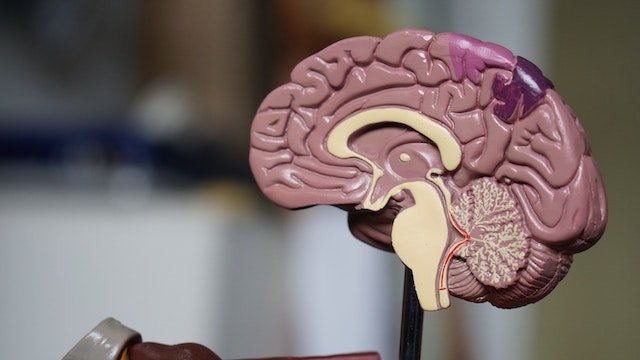
After 50 years of research and the testing of over 1,000 drugs, there is new hope for preserving brain cells for a time after stroke.
In a new study, researchers found that treating stroke patients with an experimental neuroprotective drug, combined with a surgical procedure to remove the clot could improve outcomes.
The research was led by a team at the University of Calgary.
Worldwide, 15 million people suffer a stroke each year—that’s one every nine minutes in Canada and every 90 seconds in the United States. The results can be devastating.
Ischemic stroke, the most common, is caused by a clot in a blood vessel in the brain. The sudden loss of blood flow causes brain cells to die, which can permanently affect speech, vision, balance and movement.
The international study enrolled 1,105 patients between at centers in North America, Europe, Australia, and Asia—a global academic collaboration bringing together scientists, clinicians, funding agencies, and industry.
It tested the use of the drug nerinetide in two scenarios.
In one scenario, nerinetide is given to patients in addition to the clot-busting drug alteplase. In the second scenario, patients who were not suitable for alteplase received only nerinetide.
Both groups of patients had concurrent surgical treatment to remove the clot.
The team found compared to placebo, almost 20% more patients who received nerinetide along with surgical treatment, but did not receive alteplase, recovered from a devastating stroke—a difference between paralysis and walking out of the hospital.
In the patients who received both drugs, the alteplase negated the benefits of the nerinetide.
The study provides evidence of a biological pathway that protects brain cells from dying when they are deprived of blood flow.
The team says the drug nerinetide targets the final stage of the brain cell’s life by stopping the production of nitric oxide within the cell.
There is evidence nerinetide promotes brain cell survival, offering neuroprotection until doctors can extract the clot. It opens the door to a new way of treating a stroke.
One author of the study is Dr. Michael Hill, MD, a neurologist at Foothills Medical Centre (FMC).
The study is published in The Lancet.
Copyright © 2019 Knowridge Science Report. All rights reserved.



